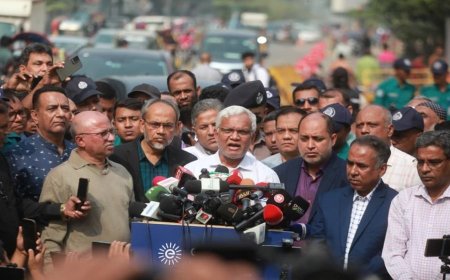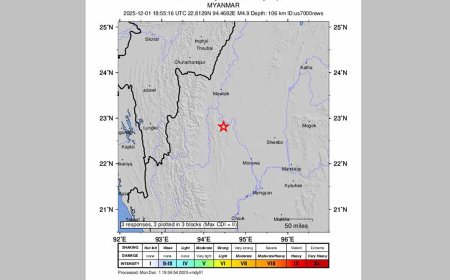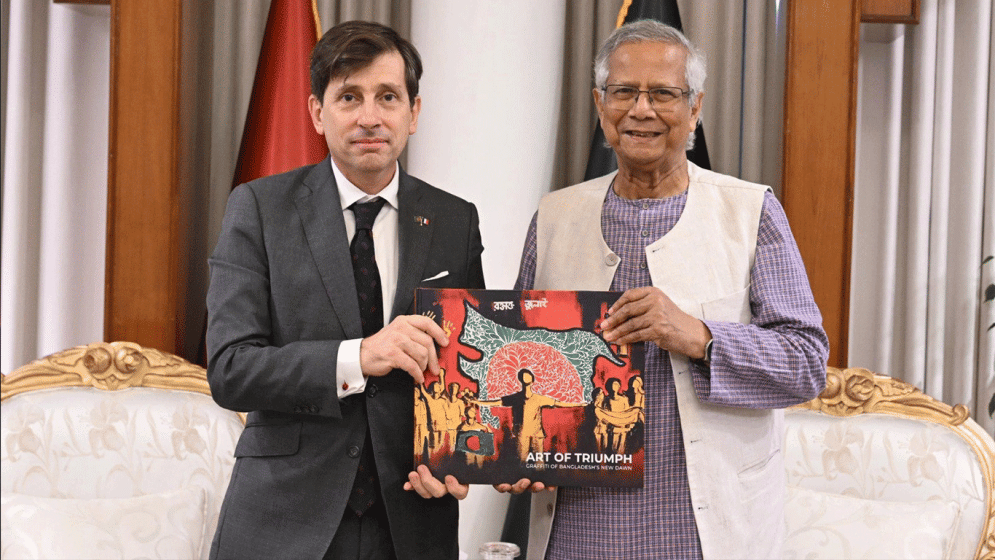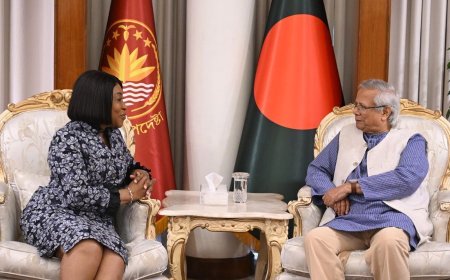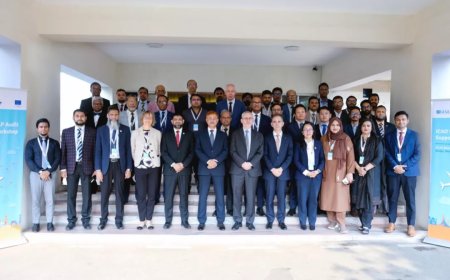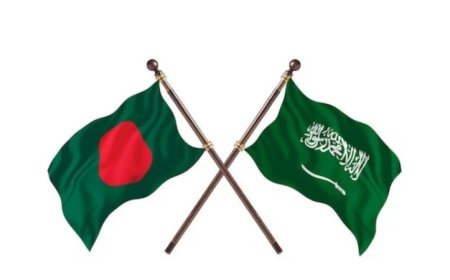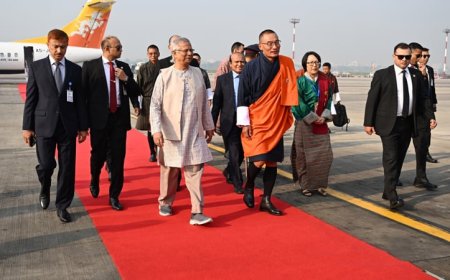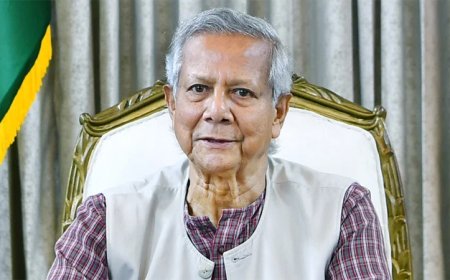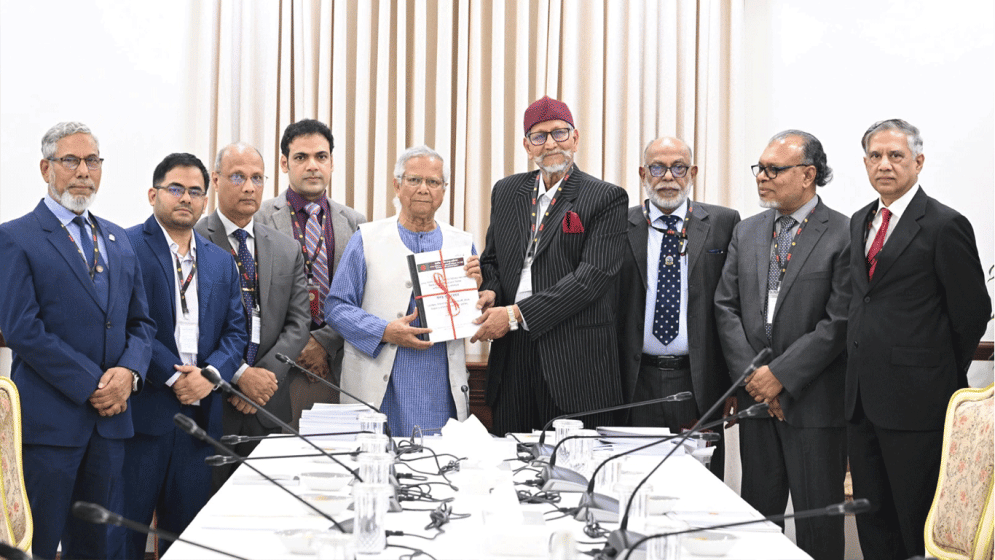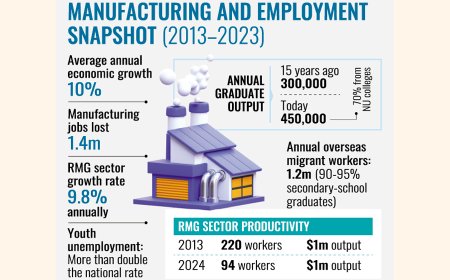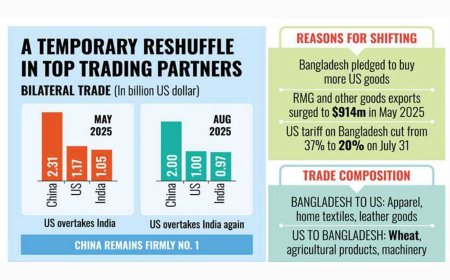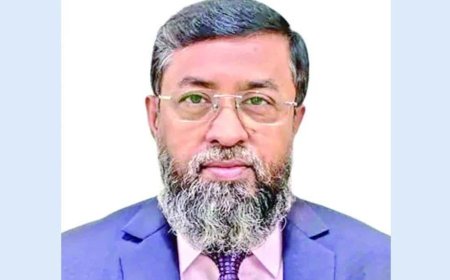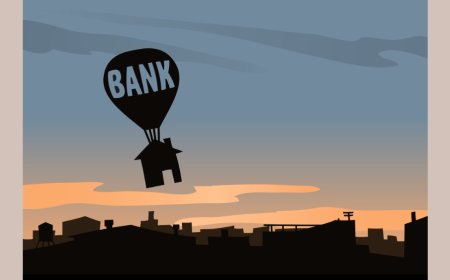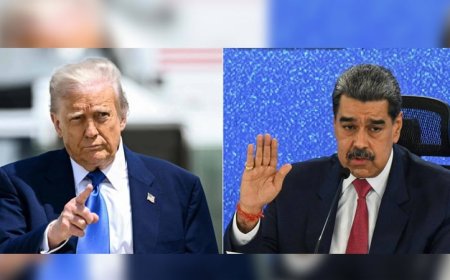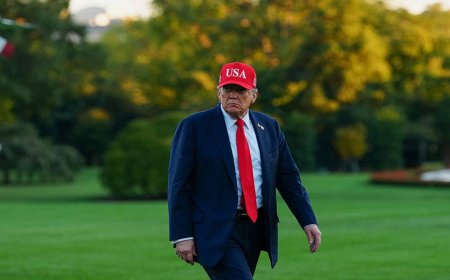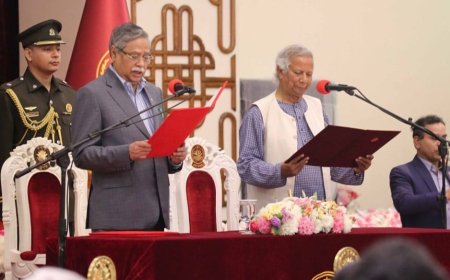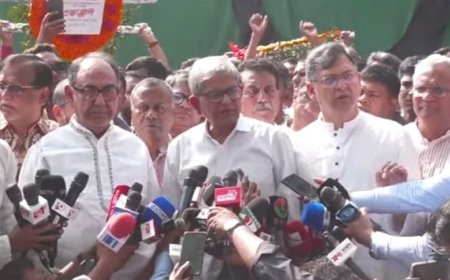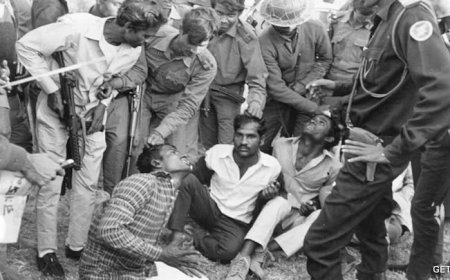Eid Meat: Tales of Sacrifice, Solidarity, and Survival
Eid Meat: Tales of Sacrifice, Solidarity, and Survival
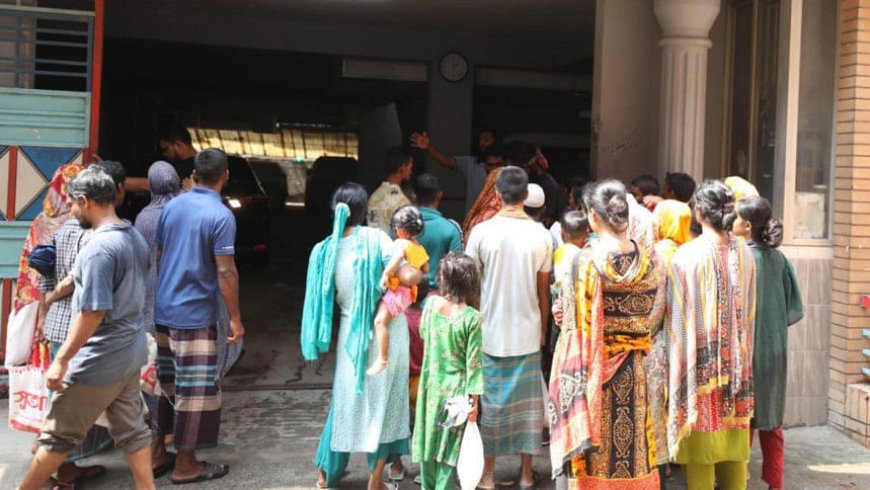
As Qurbani Unfolds in Dhaka, Scenes of Sacrifice, Sharing — and Survival
As the sacred ritual of Qurbani was observed across Dhaka on Eid-ul-Azha, the spirit of sacrifice revealed itself in many forms.
While the affluent fulfilled their religious duty by sacrificing cows and goats, large crowds of less fortunate people—often invisible in everyday life—waited patiently outside gates, hoping for a small portion of meat to take home.
Across the city, particularly in wealthier neighborhoods like Gulshan, Banani, Baridhara, Eskaton, and Mirpur, elderly women, barefoot children, and day labourers were seen moving from door to door, humbly seeking a share of Qurbani meat.
For many, Eid was not just a day of spiritual devotion but also their only chance in the year to taste beef or mutton. “I’ve been walking since morning,” said 55-year-old Rokeya Begum, standing in front of a house on Dilu Road. “I’ve collected half a kilogram so far. My grandchildren are waiting at home. This is the only time we get to eat meat together.”
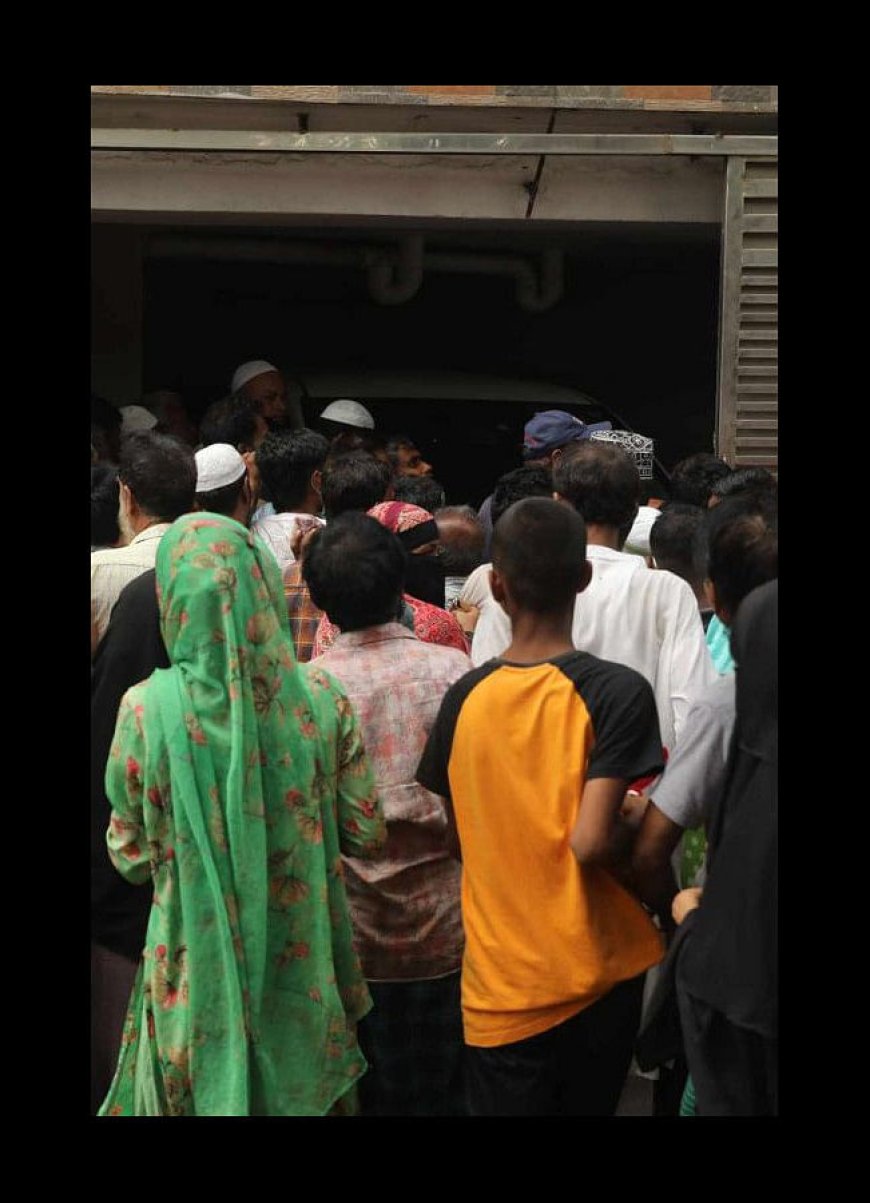
While most collectors seek meat out of necessity, a smaller number sell what they receive at major intersections like Gulistan and Farmgate. Their buyers include rickshaw pullers and CNG drivers working through Eid who cannot afford market prices.
Sold at Tk 400–500 per kg—well below retail—this meat offers both relief to buyers and modest income to the sellers.
“I bought a kilo for Tk 450. My kids were craving beef,” said Mohammad Hanif, a rickshaw puller from Mohammadpur who purchased meat in Farmgate. “I couldn’t afford a cow, not even a shared one. This is how we manage.”
Though some criticize the sale of donated meat, others see it as a stark reflection of the country’s economic divide. Many believe the practice, while informal, helps bridge the gap between surplus and need—between those who give and those who survive.
Religious leaders call for empathy. “Islam teaches us to share with dignity,” said a maulana from Eskaton. “If someone sells their portion to buy rice or medicine, who are we to judge? The heart of Qurbani is compassion.”
What's Your Reaction?







